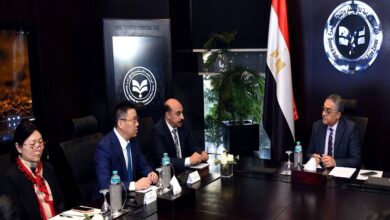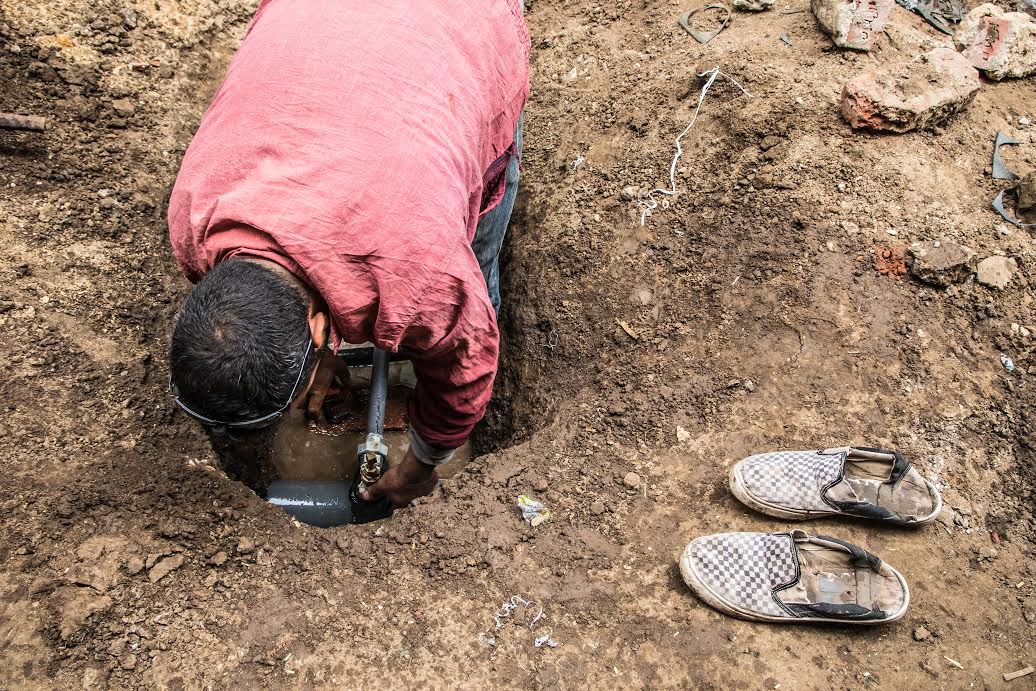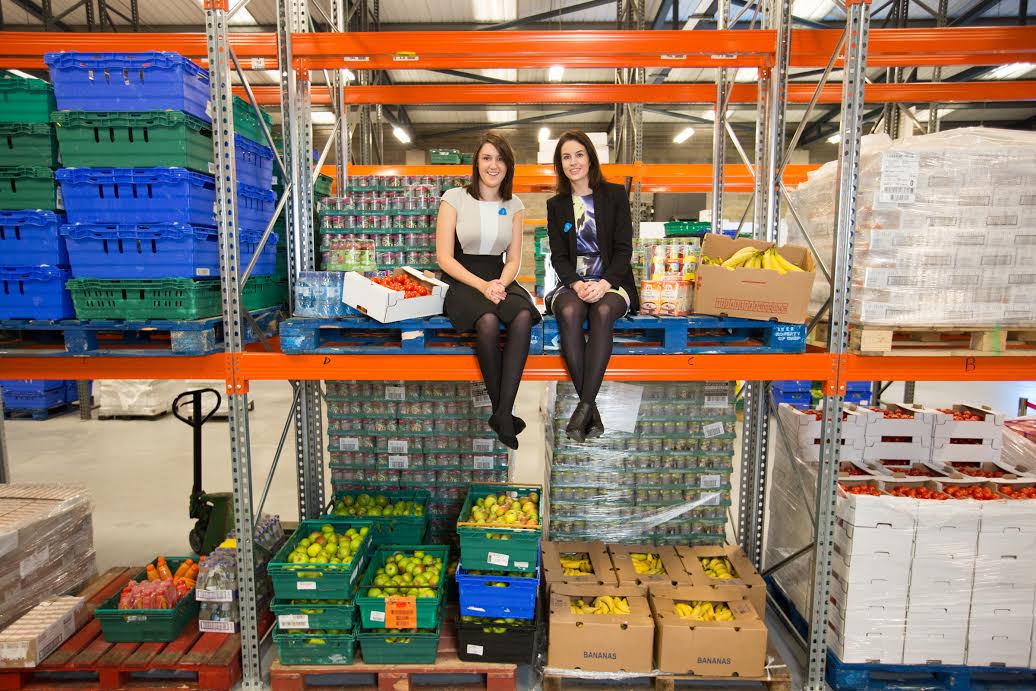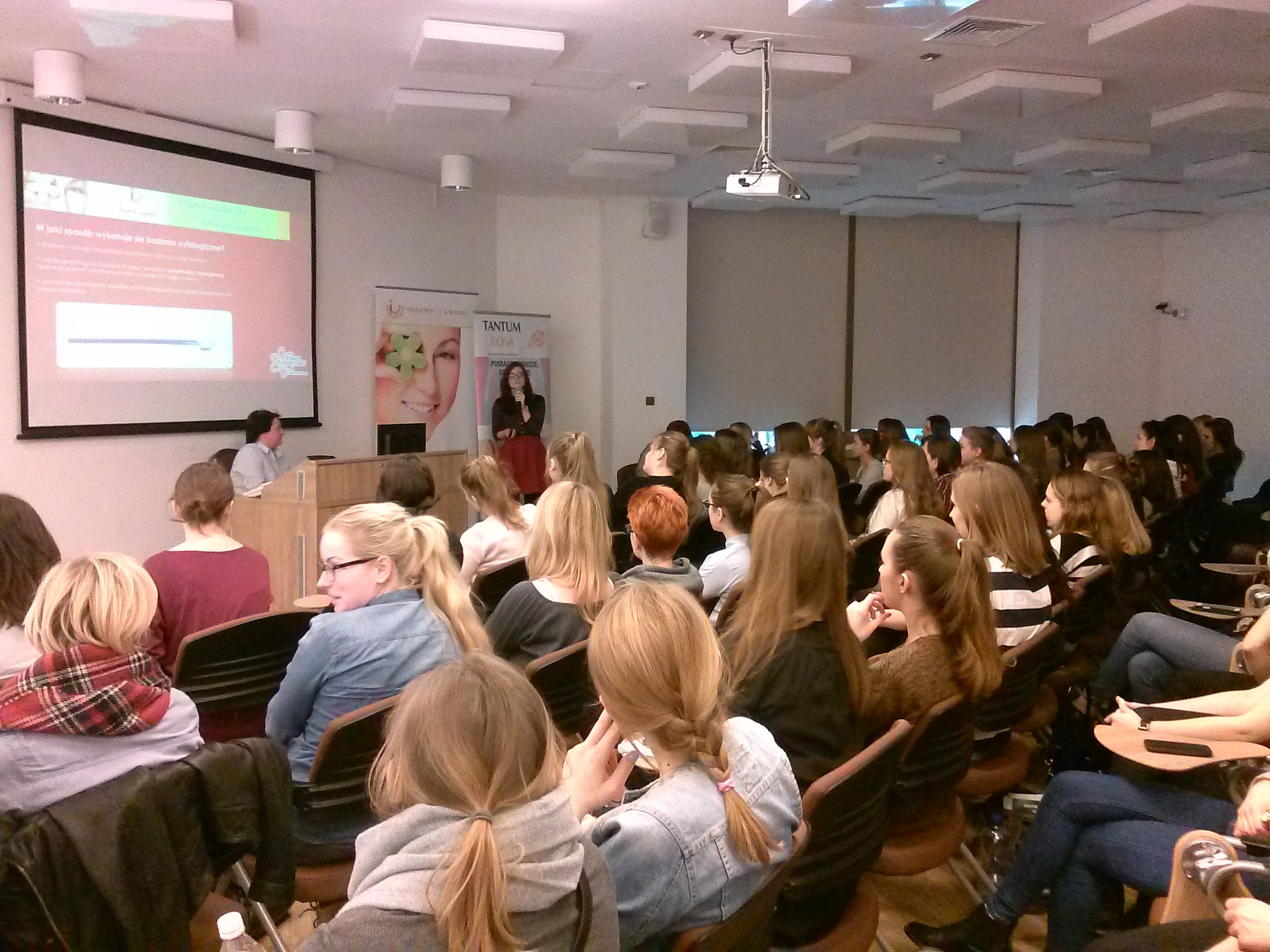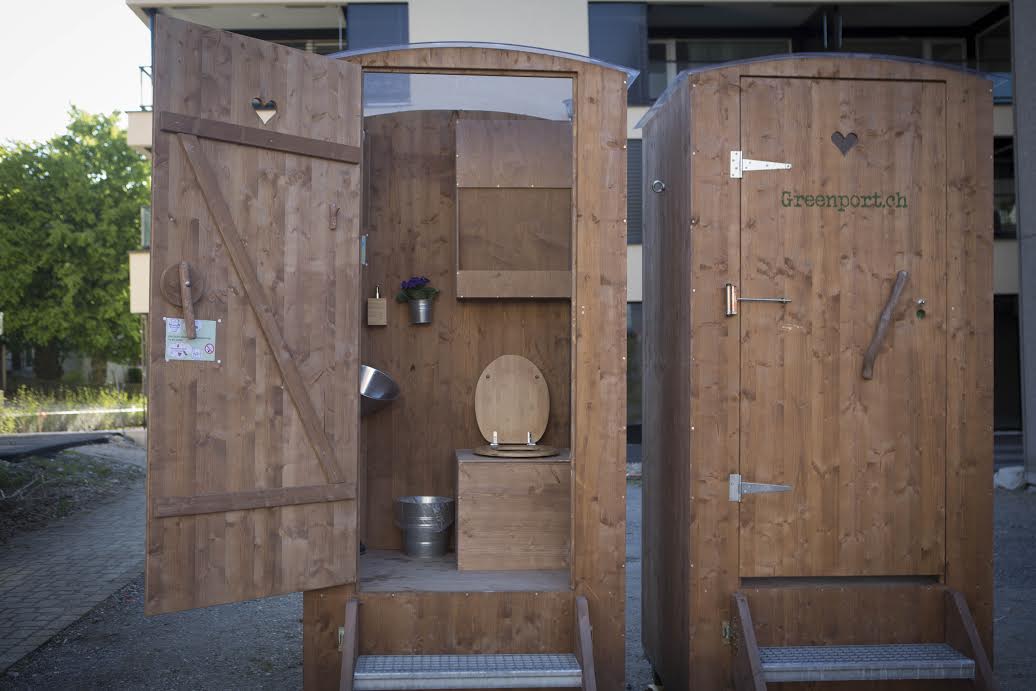
If the banana trees at Zoo Zurich are particularly lush, it’s thanks to a fertiliser with an unusual ingredient: human waste. In the spring of 2016, zoo employees cleared a bamboo grove in Zurich’s Masaola Rainforest to plant the trees. “We were really surprised how fast the plants put down roots,” says Martin Bauert, curator of the tropical area at Zoo Zurich.
The reason for this rapid growth has a Portuguese name – terra preta (black soil). It is a particularly fertile substrate made from compost, charcoal, and human faeces. “We wanted to break some taboos with our products,” explains Tobias Müller, who with three friends founded Greenport in 2015, a company that supplies the soil to Zoo Zurich. It’s a totally natural cycle, he says: faeces turn to soil and urine to fertiliser, which in turn provide the basis for producing food.
To obtain the requisite raw materials, the start-up team developed a mobile toilet: the Greenport. The excrement ends up in a pyrolysis facility and is processed into charcoal with a high CO2 content. Contaminants are destroyed, valuable nutrients are preserved. The biochar is then supplemented with compost and soil organisms to obtain terra preta. The Greenport team got its inspiration from indigenous populations in the Amazon basin who centuries ago used to fertilise their fields with a similar mix of soil.
The urine is not wasted either. It ends up at the Swiss Federal Institute of Aquatic Science and Technology, which has developed a process to turn it into plant fertilisers. Helping create what is presumably the world’s most environmentally-friendly privy.
This article was originally published in Tags – Anzeiger and reposted by Egypt Independent as part of our participation in Impact Journalism Day on which 50 of the world’s leading newspapers feature 60 social innovators who come up with innovative, beneficial solutions for better access to health and education, respect for the environment, good nutrition, sustainable energy.



